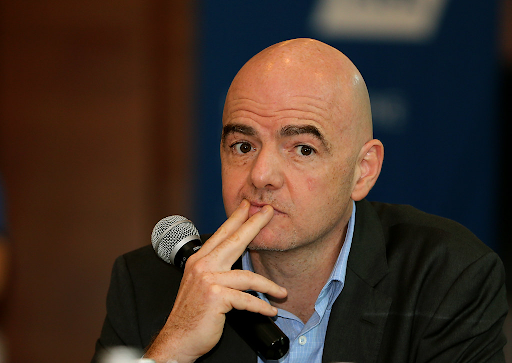The prospect of a 64-team World Cup in 2030 appears to be a bridge too far for FIFA, which has signaled its opposition to the idea despite a formal pitch from South American officials. The governing body is citing concerns over competitive balance and brand integrity as key reasons for not pursuing the ambitious expansion plan.
The plan was presented to FIFA President Gianni Infantino during a meeting in New York with a delegation from Conmebol. The representatives from Argentina, Uruguay, and Paraguay, the ceremonial hosts of the 2030 tournament, argued for a grander, more inclusive event to mark the World Cup’s centenary. Their vision would see nearly a third of all FIFA nations participate.
However, the proposal has been met with a firm internal rebuttal. Sources within FIFA have revealed that the plan is widely seen as detrimental to the tournament. The FIFA Council, which holds the final say, is reportedly against the expansion, fearing it would lead to a watered-down competition and could negatively impact the World Cup’s financial success.
The resistance is also highly visible. The presidents of both UEFA and Concacaf, two of the most powerful confederations in world football, have publicly condemned the idea. Their opposition as FIFA vice-presidents sends a strong message that there is no broad consensus for such a radical change to the tournament’s structure.
Having already committed to a significant expansion to 48 teams in 2026, FIFA is now focused on implementation rather than further growth. The 64-team idea, while appealing to some, is ultimately seen as a risk that the governing body is not willing to take with its most prized asset.
A Bridge Too Far: Why FIFA is Saying No to a 64-Team World Cup
27

